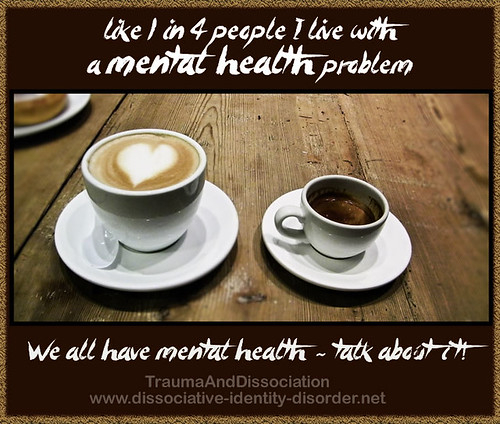
Navigating adolescence is a complex journey, and for LGBTQ+ youth, it can be especially challenging. While progress has been made in recognizing and affirming diverse sexual orientations and gender identities, LGBTQ+ youth still face unique mental health disparities. Understanding the factors contributing to these disparities and fostering supportive environments are crucial steps toward promoting the mental wellbeing of LGBTQ+ youth.
Identity Exploration and Acceptance
For LGBTQ+ youth, adolescence is often a time of identity exploration and self-discovery. Coming to terms with one’s sexual orientation or gender identity in a society that may not fully accept or understand can be emotionally taxing. Fear of rejection from family, peers, or communities can lead to feelings of isolation and internalized shame, which can significantly impact mental health.
Bullying and Discrimination
LGBTQ+ youth are disproportionately affected by bullying and discrimination, both in school and within their personal communities. Verbal harassment, physical violence, and cyberbullying based on sexual orientation or gender identity contribute to increased rates of depression, anxiety, and suicidal ideation among LGBTQ+ youth. The pervasive fear of being targeted or ostracized can erode self-esteem and exacerbate mental health challenges.
Family Rejection and Homelessness
Family rejection is a significant risk factor for LGBTQ+ youth mental health. Many LGBTQ+ youth experience rejection, abandonment, or hostility from family members after coming out, leading to homelessness or unstable living situations. The lack of familial support and acceptance can magnify the feelings of loneliness, depression, and hopelessness, making LGBTQ+ youth more vulnerable to mental health crises.
Access to Affirming Healthcare
Accessing competent and affirming healthcare is essential for the mental wellbeing of LGBTQ+ youth. However, many face barriers to receiving appropriate care due to discrimination, lack of provider knowledge, or financial constraints. LGBTQ+ affirming healthcare providers who understand the unique needs and challenges of LGBTQ+ youth can play a vital role in providing support and access to mental health resources.
Intersectionality and Mental Health
It is crucial to recognize that LGBTQ+ youth mental health intersects with other aspects of identity, such as race, ethnicity, socioeconomic status, and disability. LGBTQ+ youth from marginalized communities may face compounded challenges and systemic barriers to mental health care. Intersectional approaches that address the intersecting forms of discrimination and oppression are essential for promoting equitable mental health outcomes for all LGBTQ+ youth.
Supportive Environments and Resilience
Creating supportive environments in schools, communities, and families is critical for LGBTQ+ youth mental health. This includes implementing anti-bullying policies, providing LGBTQ+ inclusive education, and fostering acceptance and affirmations of diverse identities. Peer support groups, LGBTQ+ community centers, and online resources can also offer vital support networks for LGBTQ+ youth to connect, share experiences, and access resources.
Promoting the mental health and wellbeing of LGBTQ+ youth requires a multifaceted approach that addresses the unique challenges they face. By fostering acceptance, providing affirming healthcare, and creating supportive environments, we can empower LGBTQ+ youth to embrace their identities with pride and resilience. Advocating for policies and programs that prioritize LGBTQ+ affirming mental health care and education is essential for building a more inclusive and equitable society where all youth can thrive.
If you or someone you know is in a crisis, get help immediately. You can call 911 or call or text the 988 Suicide & Crisis Lifeline at 988.
Disaster Distress Helpline: Get Immediate Crisis Counseling and Support | SAMHSA : the Substance Abuse and Mental Health Services Hotline
Veterans Crisis Line: call 988 then press 1; text 838255 or click on Chat to connect with 24/7 support
National Domestic Violence Hotline Hours: 24/7. Languages: English, Spanish and 200+ through interpretation service call: 800-799-7233
24/7 Suicide Hotline for LGBTQ Youth – We’re here for you Now
